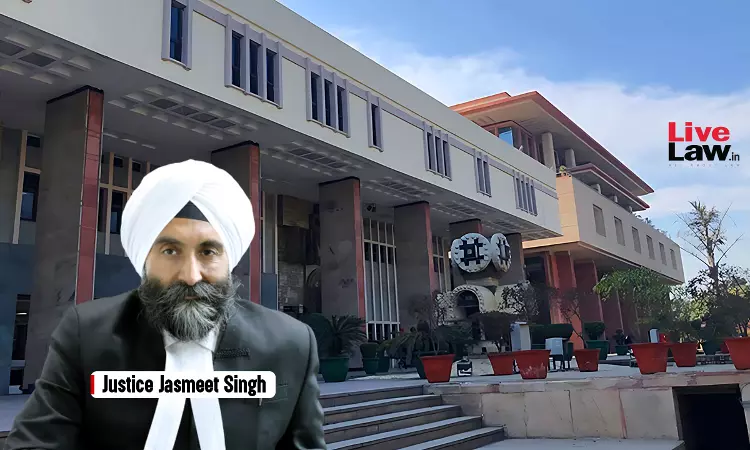The Delhi High Court Bench of Justice Jasmeet Singh held that if a non-signatory party actively participates in the performance of a contract, and its actions align with those of the other members of the group, it gives the impression that the non-signatory is a “veritable” party to the contract which contains the arbitration agreement. Based on this impression, the other party may...

